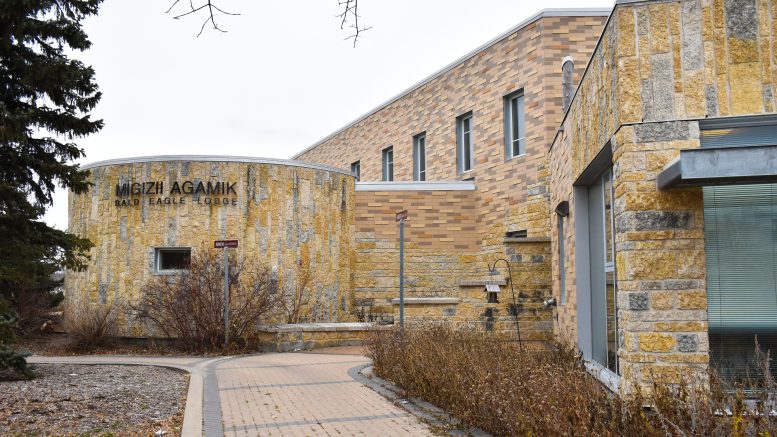Indigenous students at the University of Manitoba can apply to the Indigenous summer student internship program on March 8. René Ouellette, who is Inuit, is the associate vice president (human resources) at the U of M. The program, ISSIP, began in 2018. Ouellette said the program “offers opportunities for Indigenous students who will be coming back in the fall to work in a number of areas at the university.”
Ouellette said students have been placed in departments including health services, education, agriculture and food sciences, biology, marketing and communications and more.
Students who apply to the program are placed in positions based on their academic background by human resources and faculties.
In addition to the work experience, the program involves “cultural days” in which students can take part in teachings with Elders and medicine picking. Ouellette said this makes it a “holistic placement and opportunity” for students involved.
Ouellette said the program is a “good opportunity” for Indigenous students at the university, as it allows them to “see the university from a different lens.”
“I think it’s important as part of our overall reconciliation action plan,” he said. “[It] helps with our Indigenous students and Indigenous staff to, again, build that community and move forward in a good way,” said Ouellette.
Ishkode Catcheway, UMSU Indigenous students’ representative and a previous summer internship participant, said the program is a “good opportunity” for students. She said anyone can benefit from it because of its variety in programming.
Catcheway said her experience at the National Centre for Truth and Reconciliation (NCTR) helped her in her studies and future as it was her first time being involved in research.
“I really liked getting the experience that I got working at the NCTR,” she said. Catcheway said she will always carry “what [she] learned there from Elders and from survivors,” both in the program and from her research in the archives.
She said the teachings she learned in the program allowed her to see research differently, as it was done through an “Indigenous lens,” compared to a colonial mode of research, which is common in universities. She plans to pursue a masters of community health, and research the Indigenous adult and youth suicide crisis in Manitoba.
Catcheway said the friends and connections she made throughout the program, and the ISSIP’s professional development days, allowed her to learn more about the other students’ research in the program.
The program starts on May 6, and lasts for 16 weeks. Students accepted will be working 35 hours a week in positions in their given department. This year, there are eight internship positions available for eligible students to fill.
More information and resources will be available to students on UM Careers on March 8.
— with files from Michaela de Hoop


